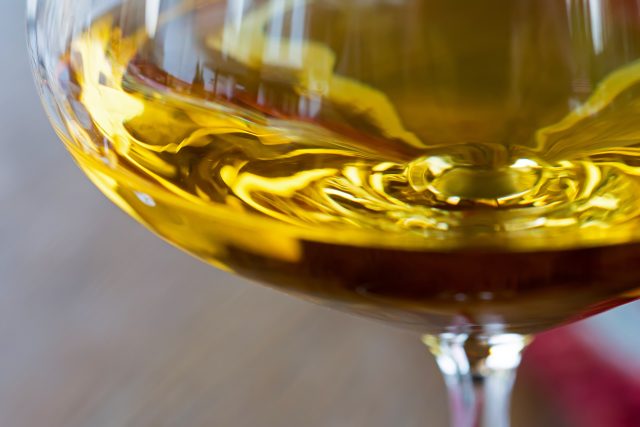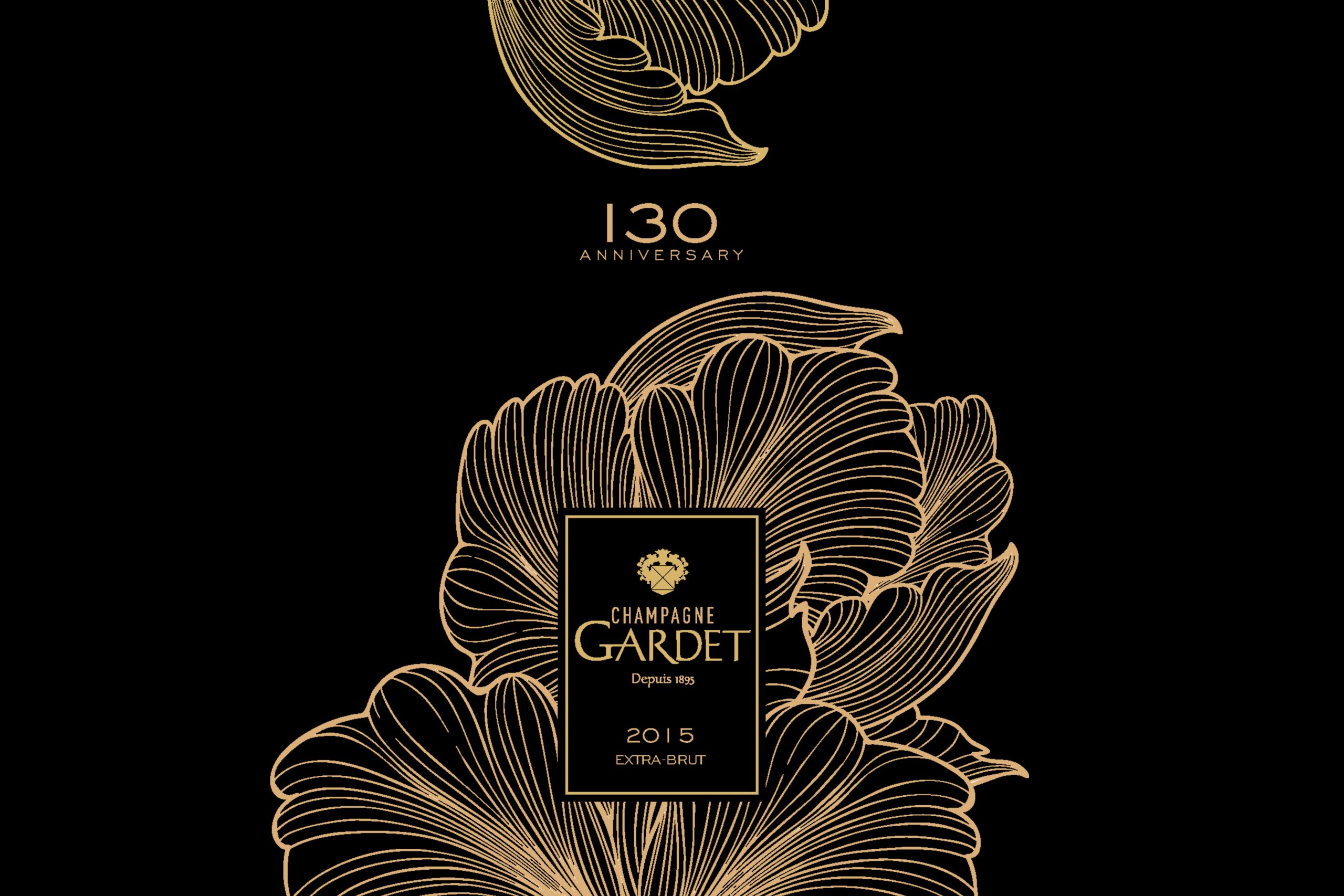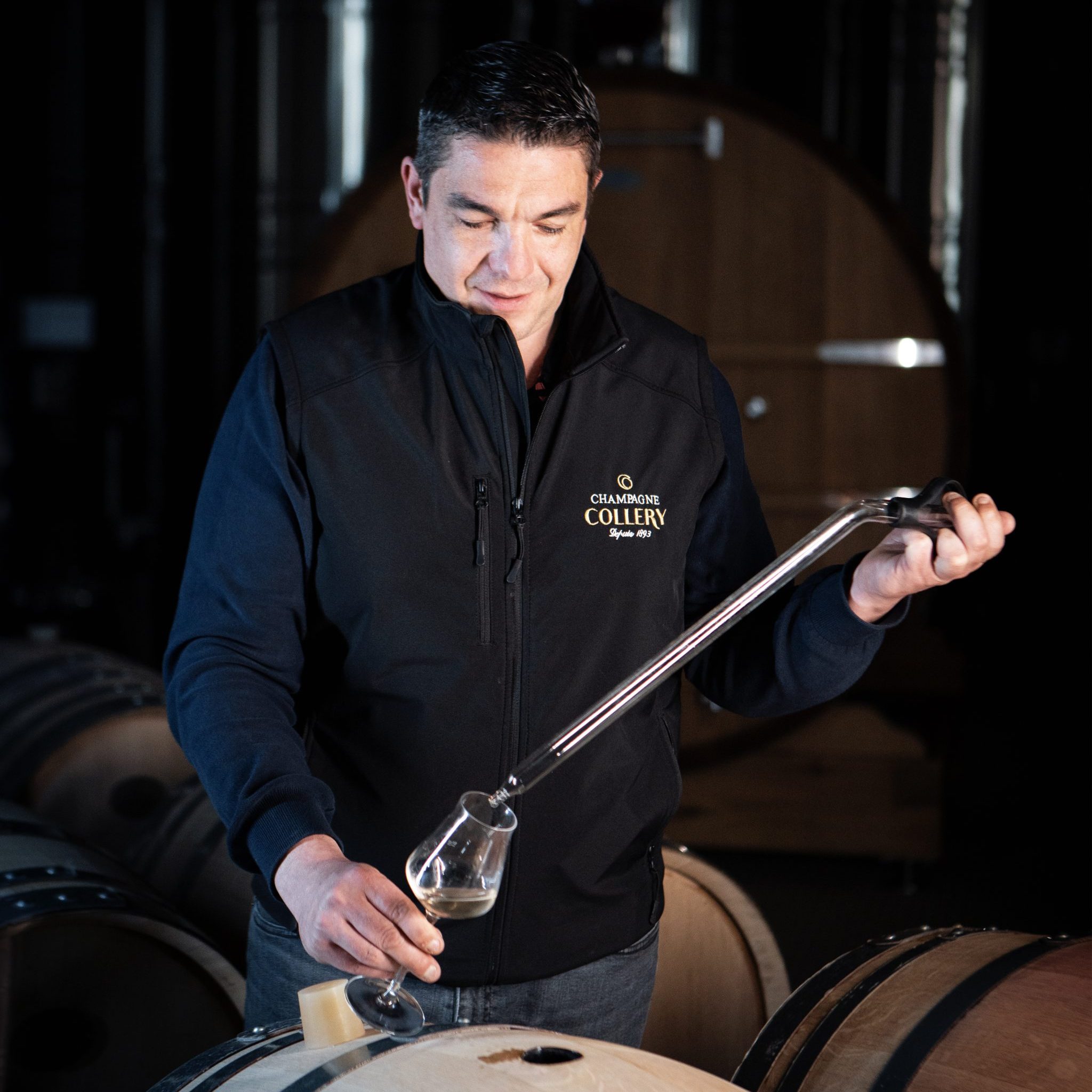An ‘e-tongue’ outperformed humans in detecting contaminated wine
By James EvisonAn electric ‘tongue’ has managed to outperform human senses in detecting whether a wine has been contaminated, according to a study by Washington State University (WSU).

The research, published in the Journal of Food Science, of the e-tongue – which is a series of ‘strand-like’ sensory probes – was able to identify signs of microorganisms in white wine within a week of contamination.
But the humans involved in the study were only able to identify the contamination four weeks after the electric device had noticed the change.
The robot was also able to make the identification before microbes could be grown from the wine in a petri-dish, which is traditionally used by winemakers alongside human testing to find wine faults or spoilage.
When put into the wine, the e-tongue’s sensors ‘taste’ the product, and analyse it for the presence of compounds. Carolyn Ross, professor of food science and author of the study at WSU, programmed the tool for winemakers, enabling them to make a ‘fingerprint’ of wine, and deliver a variety of information that could be useful for the winemaking process.
For this study, four microbes were added to different bottles of Reisling, and which are known to contaminate white wine, causing spoilage and the aroma of nail polish remover, geranium and ‘mousy’ smells.
Partner Content
A ground of 13 volunteers were trained to recognise a range of wine attributes by positive and negative aromas, including those outlined above.
Ross said the findings mean that such devices could be used by winemakers to help find and mitigate any issues sooner.
She said: “If you ran a sample using the electronic tongue, we could learn after one week if there’s contamination or a wine fault problem, versus waiting up to four weeks running just sensory testing.
“It’s really helpful with understanding wine quality. It gives good information about the holistic quality of the wines.”
But, Ross also stressed that the tool was best used to complement rather than to replace the human and petri-dish techniques currently used to judge wine quality.
Related news
Coterie-backed fine wine tech company raises nearly £1.1 million in crowdfunding
Bordeaux 2024: A survey of the market conditions
Majestic’s bold bet on the on-trade: inside the Enotria & Coe acquisition




